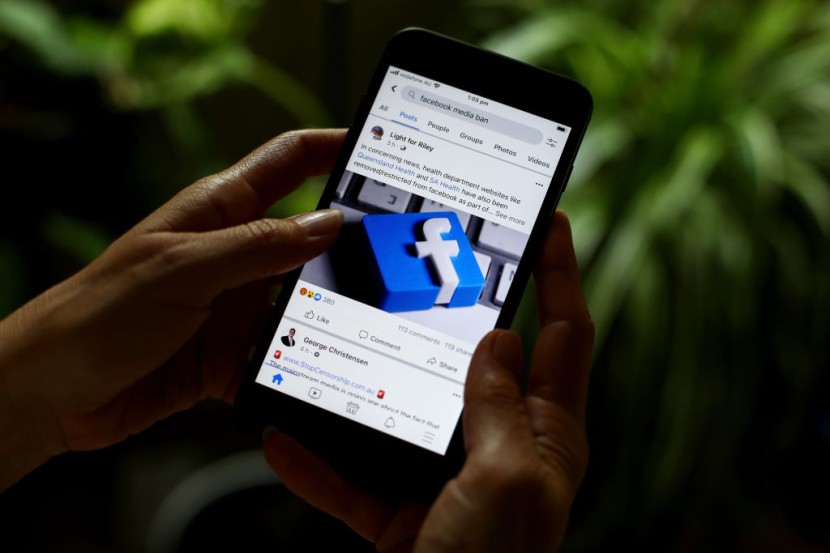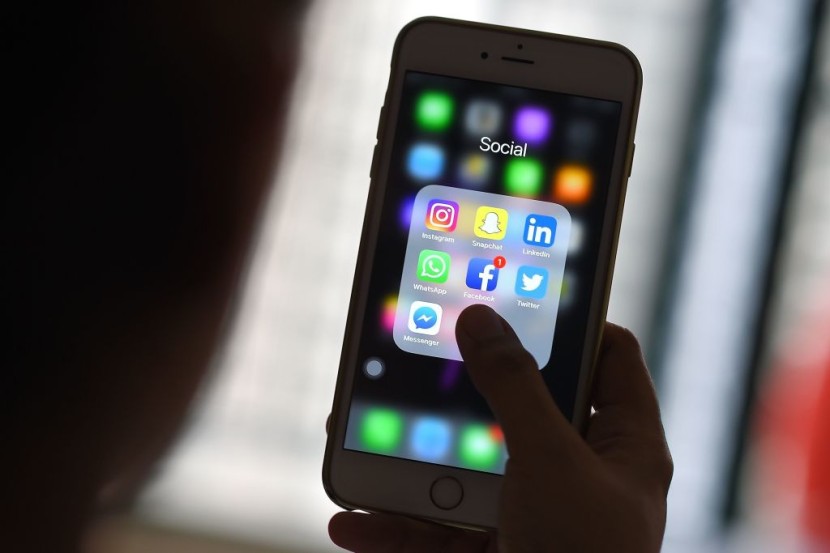Many people don't know the real dangers posed by social media oversharing.
Ever since the global COVID-19 pandemic happened, online users across the globe started becoming more and more open when it comes to sharing personal information online.

This is now the new norm since lots of people want to improve their social media presence, even those who have no plans of becoming online influencers.
However, cybersecurity experts warned that oversharing on social media can have serious consequences.
Dangers of Social Media Oversharing
Via its official support blog post, Microsoft explained why oversharing on social media platforms is a dangerous thing to do.
"If we're not careful we could be sharing more than we intended, or with a much larger audience than we expected," said the software giant.
Microsoft said that social media oversharing can make it easier for cybercriminals and other bad actors to learn more about you; information can help them create new methods to fool you and other unsuspecting victims.
If this still doesn't concern you, here are other more specific risks posed by social media oversharing:
- You might accidentally inform criminals you have valuable objects at home, encouraging them to locate your residence.
- Sharing information and photos of family members could make them potential targets of criminals.
- Oversharing travel photos and other images showing your activities will let criminals know you're not at home.
- Sharing your pet's name, your previous high school, and other personal information can allow hackers and other criminals to answer security questions about your social media and bank accounts.
Top Information to Avoid Oversharing Online

Now that you know the real dangers of social media oversharing, it is time to know the top sensitive information you need to avoid posting online.
MakeUseOf provided some of the most important details that people should never disclose on their social media accounts, such as the following:
- Travel information, such as your schedule, plane departure, and arrival, as well as days of being out of town.
- Make sure your location data is turned off when taking photos and videos you plan on sharing online.
- Stop sharing your personal rants/complaints online.
- Avoid sharing personally identifying details, such as driver's license, passport, credit card number, etc.
- Don't share self-incriminating information such as when you're driving while drinking, carrying firearms without a license, etc.
© 2025 HNGN, All rights reserved. Do not reproduce without permission.








